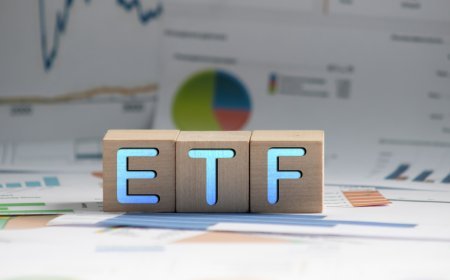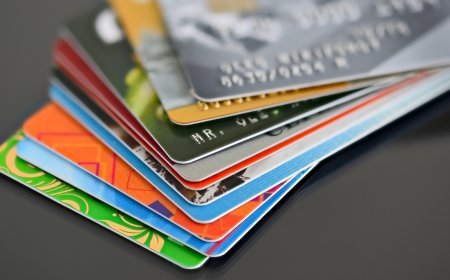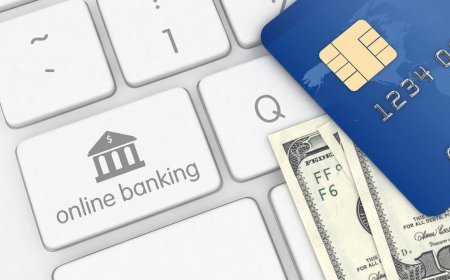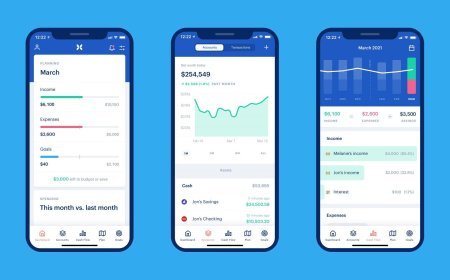Credit Monitoring Services: Are They Worth the Cost?
Evaluate the value of credit monitoring services and whether paid protection is worth the cost compared to free alternatives and DIY monitoring.

Credit monitoring services promise to protect your credit and identity by watching for suspicious activity and alerting you to changes on your credit reports. With data breaches becoming increasingly common and identity theft affecting millions annually, many consumers wonder whether paid monitoring services provide enough value to justify their monthly costs.
Free credit monitoring options have expanded significantly in recent years, making paid services less essential for basic protection. Major credit card companies like Chase, Discover, and Capital One offer free credit score monitoring and alerts to cardholders. Credit Karma provides free access to TransUnion and Equifax credit reports and scores with weekly updates and change notifications.
Annual credit reports from annualcreditreport.com remain the gold standard for comprehensive credit monitoring. By staggering requests from the three bureaus throughout the year, you can review your complete credit profile every four months at no cost. This approach provides thorough monitoring while saving money on subscription services.
Paid credit monitoring services typically charge $10-30 monthly and offer three-bureau monitoring, daily credit score updates, identity theft insurance, and dedicated customer support. Premium services like LifeLock, IdentityGuard, and Experian IdentityWorks provide additional features like social security number monitoring, dark web scanning, and identity restoration services.
The value proposition of paid services depends largely on your risk profile and peace of mind preferences. High-risk individuals including frequent travelers, online shoppers, social media users, and those who've experienced previous identity theft may benefit from comprehensive monitoring. However, most people can achieve adequate protection through free services combined with responsible personal security practices.
Identity theft insurance, a common feature of paid services, provides reimbursement for expenses related to identity restoration but typically doesn't cover actual financial losses from fraud. Most credit card companies and banks already provide zero liability protection for unauthorized transactions, limiting the practical value of identity theft insurance for many consumers.
Dark web monitoring searches for your personal information on criminal marketplaces and forums where stolen data is sold. While this sounds valuable, the practical benefits are limited since you can't prevent your information from appearing on these sites, and legitimate institutions will never ask for passwords or sensitive information regardless of dark web activity.
Credit lock and freeze capabilities represent one of the most valuable features offered by some monitoring services. These tools prevent new accounts from being opened without your permission, providing stronger protection than monitoring alone. However, credit freezes are available for free directly from the credit bureaus, eliminating the need for paid services solely for this feature.
Alert frequency and detail vary significantly between services. Some users find constant notifications overwhelming and end up ignoring important alerts, while others appreciate comprehensive updates about their credit activity. Consider your preference for notification frequency when evaluating different services.
Customer service quality differs dramatically between providers. Premium services typically offer dedicated phone support and identity restoration specialists, while free services may provide limited customer service options. If you value human support for credit issues, paid services may justify their cost through superior customer service.
Effectiveness of credit monitoring depends heavily on your response to alerts. Services can only notify you of suspicious activity - you must take action to investigate and resolve issues. Many people subscribe to monitoring services but fail to act promptly on alerts, negating much of the protective value.
False positives represent a significant limitation of automated monitoring systems. Legitimate credit inquiries, address changes, or new accounts you opened may trigger alerts, leading to alert fatigue where you begin ignoring notifications. Quality monitoring services minimize false positives through better algorithms and customization options.
DIY credit monitoring through free services requires more effort but can be equally effective for motivated consumers. Set calendar reminders to check credit reports quarterly, monitor credit card and bank statements regularly, review credit scores monthly through free services, and set up account alerts for unusual activity.
Consider paid monitoring services if you have complex financial situations with multiple accounts, lack time for regular DIY monitoring, have experienced identity theft previously, travel frequently or use public Wi-Fi regularly, or simply want comprehensive peace of mind. The cost may be justified if it encourages you to pay more attention to your credit health.
Avoid monitoring services if you're comfortable with free alternatives, have limited financial resources better spent elsewhere, are disciplined about regular self-monitoring, or have simple financial situations with few accounts. Many people can achieve adequate protection without monthly subscription costs.
Red flags when evaluating monitoring services include high-pressure sales tactics, promises to completely prevent identity theft, unclear pricing or automatic renewals, poor customer reviews regarding service quality, and companies that have experienced their own data breaches. Research providers thoroughly before subscribing.
Implementation strategies for effective credit monitoring include choosing services that monitor all three credit bureaus, setting up mobile alerts for immediate notifications, establishing procedures for responding to alerts quickly, and understanding what actions to take if identity theft occurs. Document your response procedures before you need them.
Alternative protection strategies can be more effective than monitoring services for some individuals. Credit freezes prevent new account openings entirely, strong password management and two-factor authentication protect online accounts, regular financial statement reviews catch unauthorized activity quickly, and maintaining lower credit limits reduces potential fraud exposure.
The bottom line on credit monitoring services is that they provide convenience and peace of mind rather than essential protection. Free services combined with good personal security habits offer adequate protection for most people. Paid services may be worthwhile for high-risk individuals or those who value comprehensive monitoring and customer support, but they're not necessary for basic credit protection.
What's Your Reaction?
 Like
0
Like
0
 Dislike
0
Dislike
0
 Love
0
Love
0
 Funny
0
Funny
0
 Angry
0
Angry
0
 Sad
0
Sad
0
 Wow
0
Wow
0










































